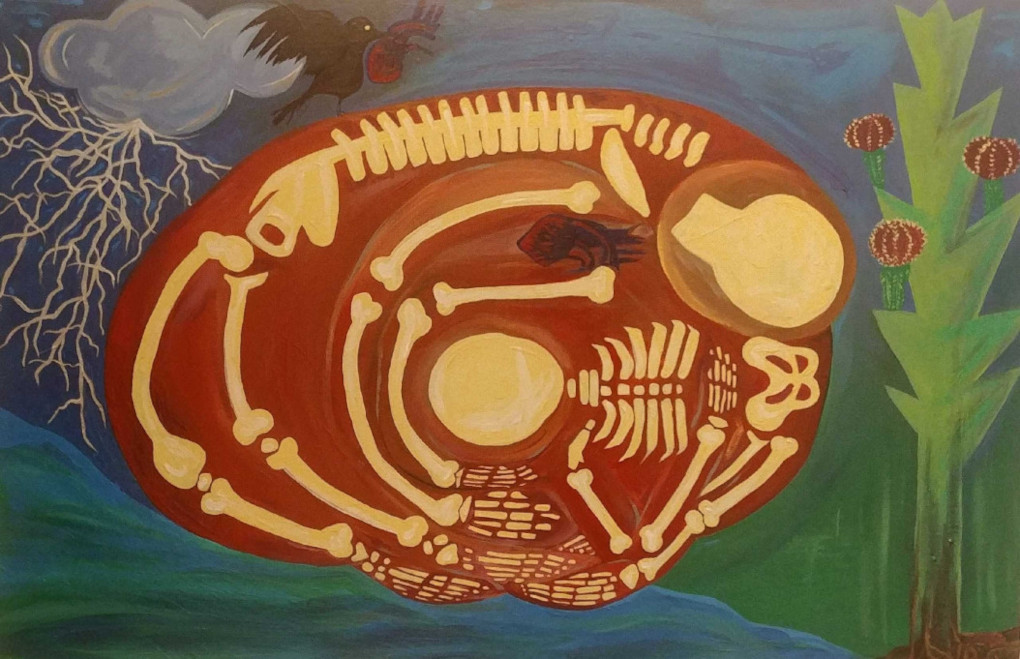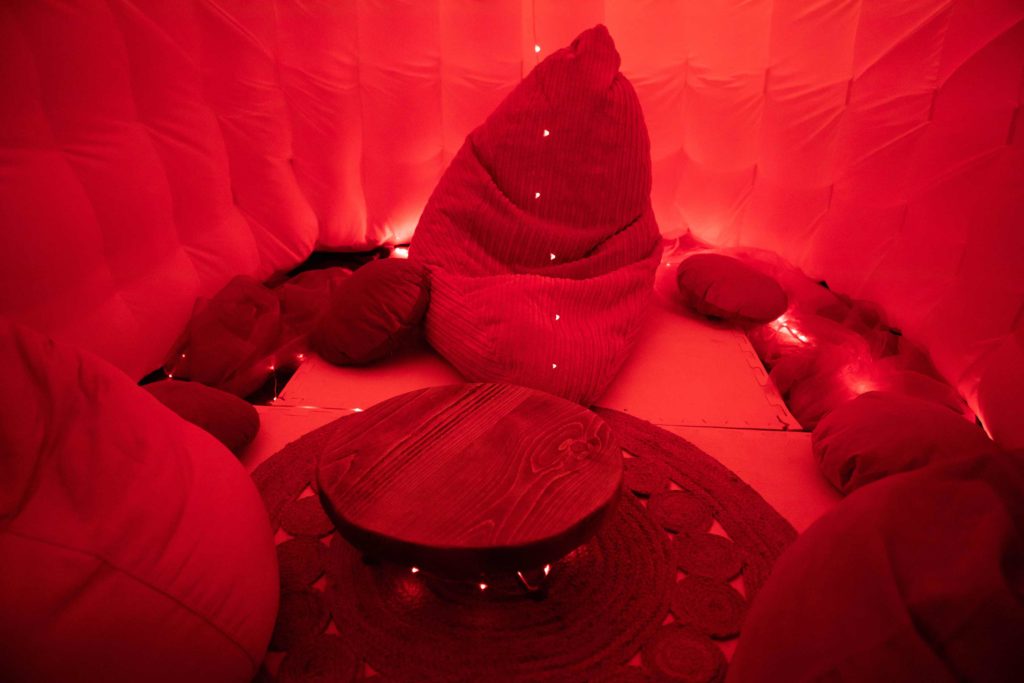Building communities and technologies of care
Friday, March 25 – 5:00 to 7:00 pm
Camille Baker, University for the Creative Arts, School of Film media and Performing Arts
Alanna Kibbe, Independent Artist, Toronto
Throughout our roundtables we’ve listened to the voices of doctors, thinkers and artists, all calling for the need not only to examine the terrible distortions and shortfalls of our systems, but also to start building different approaches to care. The arts and artistic research in general play a crucial role in such a project of change, as they provide tools for bearing witness to the present and for educating our imaginations towards different horizons of the possible. The artists we meet in our roundtable today — Camille Baker and Alanna Kibbe — are both engaged in addressing the major questions of our series in relation to the pervasive gaps and biases that traverse cancer care today, and both propose participatory forms of art oriented towards building educated publics and communities of care and advocacy, in which deep acknowledgement of the experience of pain is brought into being together with the recognition of our reciprocal interdependencies without which we cannot sustain an authentic culture of care. Cancer today is possibly the most endemic of all illnesses and yet the ways which it is dealt with continue to perpetuate the most insidious and debilitating myths of militarized metaphors of cure, at the expense of an authentic community-oriented culture of care.
From the pink-washing corporate campaigns that induce people to run for cures without accountability for where their money is going, to the ongoing minimization of environmental factors contributing to the disease, to the facile suggestion that the deep body-losses imposed by surgery and chemotherapy can be easily fixed by wigs, implants and prosthesis, almost everything in contemporary “cancerland” – as Anne Boyer calls it – conjures to prettify, elide, and minimize the lived experience and agency of peoples living in the wake of cancer.
Both Camille and Alanna proactively address these problems by way of centering such lived experience and agency and suggesting that listening to them can be profoundly transformative


